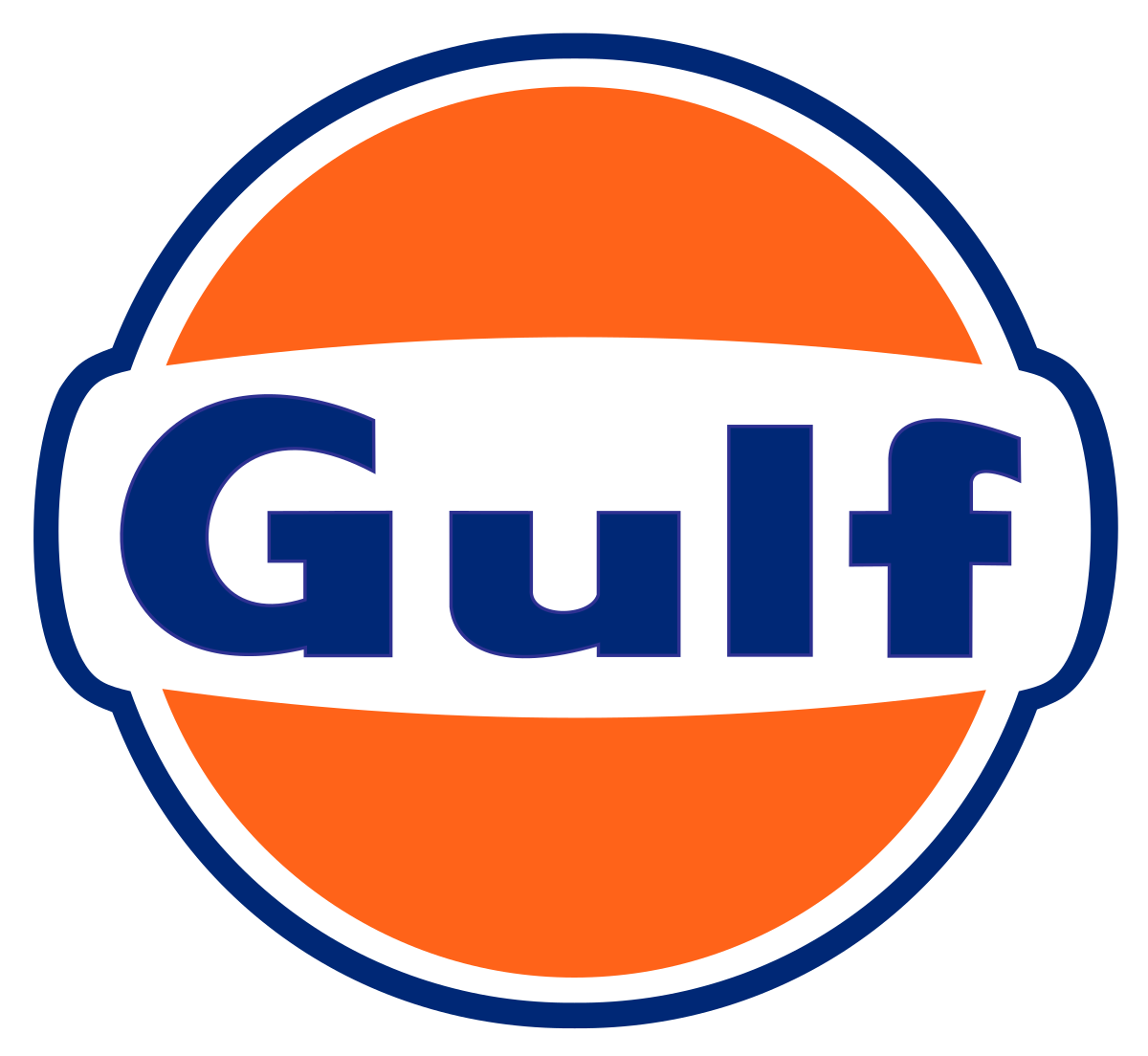How to Create Winning Incentive Strategies This Diwali Season to Boost Sales

Diwali is one of the biggest shopping seasons in India, where sales across categories like jewelry, FMCG, electronics, and apparel skyrocket. The festive season brings in a massive surge in consumer demand, with customers eager to spend on everything from luxury items to everyday essentials. For businesses, this translates into an incredible opportunity to push sales and capture a significant chunk of the market.
However, while consumer demand is high, the competition is fierce. Every brand is fighting for visibility and customer attention. In this scenario, your sales team and channel partners need an extra push to make the most of this festive buying frenzy. That’s where a well-structured incentive plan comes in.
This Diwali, your sales teams—whether they’re on the front lines in retail or working as channel partners—could use an added boost to drive even more sales and maximize revenue. A strategic incentive plan not only motivates them to push your products harder but also ensures your business stands out in a crowded market.
Let’s dive into how you can structure an effective incentive plan for the Diwali season, with some actionable examples to help you craft a winning strategy.

Thinking about implementing an incentive solution for your team?
Schedule a free Proof of Concept session tailored for your brand
Why Festive Seasons Need Special Incentive Plans
During Diwali, categories like jewelry, FMCG, electronics, and apparel see massive sales spikes. For instance:
- Jewelry sales often surge as customers invest in gold and diamonds during this auspicious period.
- FMCG and apparel brands experience increased demand as people shop for festive essentials and gifts.
- Electronics fly off the shelves, with customers taking advantage of festive offers on gadgets, smartphones, and home appliances.
Given this surge in sales, it’s essential to arm your sales teams with the right incentives to maximize their efforts. A well-designed incentive plan can help them focus on the right products, push for higher sales targets, and ultimately, boost your overall revenue.
Structuring Effective Incentive Plans for Diwali
1. Focus on High-Demand Products
During Diwali, certain products naturally become more desirable due to the festive buying mentality. Your incentive strategy should reflect this shift. Focus your incentives around high-demand categories like luxury items, consumer electronics, and FMCG. Offering higher rewards for selling these products will align your sales team’s efforts with consumer behavior.
Example:
Create a tiered reward structure where sales employees or retailers earn higher bonuses for pushing big-ticket items like gold jewelry, premium electronics, or high-end apparel. This helps ensure that they are motivated to sell products that are most relevant during Diwali.
Create a tiered reward structure where sales employees or retailers earn higher bonuses for pushing big-ticket items like gold jewelry, premium electronics, or high-end apparel. This helps ensure that they are motivated to sell products that are most relevant during Diwali.
2. Time-Limited Incentives to Create Urgency
Festive seasons are short and intense. Creating limited-time incentives can encourage your sales teams and channel partners to act quickly, promoting faster sales and capturing demand before the season ends.
Example:
Offer a “Diwali Sales Blitz” incentive, where sales teams can earn double points or bonuses for reaching sales targets within a specific period—such as the week leading up to Diwali. This creates a sense of urgency and motivates them to maximize their efforts during peak shopping days.
Offer a “Diwali Sales Blitz” incentive, where sales teams can earn double points or bonuses for reaching sales targets within a specific period—such as the week leading up to Diwali. This creates a sense of urgency and motivates them to maximize their efforts during peak shopping days.
3. Tiered Rewards for Consistency
Don’t just focus on short-term gains—encourage sustained performance throughout the festive season. A tiered incentive plan motivates your team to consistently meet or exceed their sales targets by rewarding them at various milestones.
Example:
Create a Bronze-Silver-Gold tier structure where employees or retailers unlock better rewards as they cross specific sales milestones. For example, if they sell ₹50,000 worth of products, they get a bonus; sell ₹1 lakh worth, they unlock even better rewards. This keeps them striving for higher goals throughout the season.
Create a Bronze-Silver-Gold tier structure where employees or retailers unlock better rewards as they cross specific sales milestones. For example, if they sell ₹50,000 worth of products, they get a bonus; sell ₹1 lakh worth, they unlock even better rewards. This keeps them striving for higher goals throughout the season.
4. Gamify Your Incentives
Gamification can make your incentive programs more engaging and competitive. When salespeople are motivated by challenges, leaderboards, and friendly competition, they’re more likely to push harder and outperform expectations.
Example:
Introduce a Diwali Leaderboard Challenge where retailers and sales teams compete to reach the top by pushing certain high-margin products. Offer exciting rewards such as travel vouchers, special Diwali hampers, or higher commission rates for top performers. Real-time updates on the leaderboard keep the competition alive.
Introduce a Diwali Leaderboard Challenge where retailers and sales teams compete to reach the top by pushing certain high-margin products. Offer exciting rewards such as travel vouchers, special Diwali hampers, or higher commission rates for top performers. Real-time updates on the leaderboard keep the competition alive.
5. Offer Flexible Rewards
Not every member of your team will be motivated by the same rewards. This Diwali, make sure your incentive program offers a variety of reward options, so sales employees and channel partners can choose what matters most to them.
Example:
Use My Incentives to offer a range of rewards—from cash bonuses and gift vouchers to luxury items or branded merchandise. Giving your team flexibility ensures that the incentives are relevant and meaningful, increasing participation and motivation.
Use My Incentives to offer a range of rewards—from cash bonuses and gift vouchers to luxury items or branded merchandise. Giving your team flexibility ensures that the incentives are relevant and meaningful, increasing participation and motivation.
Real-Life Examples of Diwali Incentive Plans
1. FMCG Brand Sales Push
An FMCG brand running a limited-time “Fastest Seller Challenge” for its retailers during the Diwali season rewarded those who sold the highest number of Diwali-special packs within a set time frame. Retailers who hit the top three spots on the leaderboard received exclusive bonuses and festive gifts.
An FMCG brand running a limited-time “Fastest Seller Challenge” for its retailers during the Diwali season rewarded those who sold the highest number of Diwali-special packs within a set time frame. Retailers who hit the top three spots on the leaderboard received exclusive bonuses and festive gifts.
2. Jewelry Store Tiered Incentives
A jewelry retailer implemented a tiered incentive program where sales staff earned progressively larger bonuses for hitting sales milestones (₹1 lakh, ₹2 lakh, and so on). The higher their sales, the bigger the rewards—ranging from cash bonuses to luxury watches.
A jewelry retailer implemented a tiered incentive program where sales staff earned progressively larger bonuses for hitting sales milestones (₹1 lakh, ₹2 lakh, and so on). The higher their sales, the bigger the rewards—ranging from cash bonuses to luxury watches.
3. Electronics Retailer Gamified Program
An electronics chain created a gamified incentive program for its sales staff, offering points for each high-ticket item sold. Those points could be redeemed for premium rewards like travel vouchers or electronics. The leaderboard kept employees engaged and fostered friendly competition to push more premium products.
An electronics chain created a gamified incentive program for its sales staff, offering points for each high-ticket item sold. Those points could be redeemed for premium rewards like travel vouchers or electronics. The leaderboard kept employees engaged and fostered friendly competition to push more premium products.
Diwali is more than just a time for celebration—it’s a massive opportunity for businesses to boost their sales and drive growth. But to fully capitalize on the festive demand, you need to empower your sales teams and channel partners with the right incentives. By focusing on high-demand products, creating urgency with limited-time offers, rewarding consistent performance, and offering flexible rewards, you can ensure that your salespeople are motivated and engaged throughout the Diwali season.
With My Incentives, you can easily set up and manage these incentive programs, ensuring real-time engagement, flexible rewards, and complete transparency for your team. Whether you’re working with retailers, dealers, or internal sales teams, a well-structured incentive program could be the key to making this Diwali your most successful one yet.
Ready to take your Diwali sales strategy to the next level? Let’s talk about how My Incentives can help you create effective incentive plans that drive results.
“With automated partner onboarding and KYC verification, we’ve streamlined operations and accelerated partner engagement. The gamification features, including leaderboards, have sparked healthy competition and boosted productivity.”

1. What is the best way to structure a Diwali incentive plan?
The most effective Diwali incentive plans often include a mix of short-term urgency, such as limited-time rewards, and long-term consistency through tiered incentives. Combine this with personalized rewards and real-time tracking to maximize engagement.
2. How can I use limited-time incentives to boost Diwali sales?
Limited-time incentives create urgency, motivating your team to hit targets quickly. For example, you can offer double points or higher bonuses for sales made during the week leading up to Diwali, encouraging a sales push during high-demand days.
3. Can gamification enhance my Diwali incentive program?
Yes, gamification can significantly boost engagement. By introducing leaderboards, achievement badges, or competitive challenges, you make the incentive program more fun and engaging, driving your team to outperform each other and push more products.
4. What types of rewards should I offer during Diwali?
Offer flexible rewards that matter to your team, such as cash bonuses, gift vouchers, branded merchandise, or luxury goods. Customizing rewards to match your team’s preferences will ensure that they stay motivated and excited to hit their targets.
5. How can My Incentives simplify the reward structure?
My Incentives offers a clear and easy-to-understand tiered rewards system. Mechanics can easily see what they need to do to earn points, making the program more accessible and engaging.

Ready to take your incentive program to the next level?
Schedule a free Proof of Concept session tailored for your brand
“With automated partner onboarding and KYC verification, we’ve streamlined operations and accelerated partner engagement. The gamification features, including leaderboards, have sparked healthy competition and boosted productivity.”

Ready to take your loyalty programs to the next level?
Schedule a free Proof of Concept session tailored for your brand
1. Why isn’t my current mechanic loyalty program working?
Your program may lack real-time engagement, have a complicated reward structure, offer irrelevant rewards, or fail to provide visibility to mechanics. These issues can lead to low participation and reduced effectiveness.
2. What kind of rewards should I offer mechanics?
The most effective rewards are those that matter to your mechanics. My Incentives offers flexible reward options, including cash payouts, tools, branded merchandise, and vouchers, allowing you to customize the rewards based on your mechanics’ preferences.
3. Can I personalize my loyalty program for different mechanic roles?
Yes, My Incentives allows you to segment and customize your loyalty program based on factors such as seniority, geography, and specialization. This personalized approach ensures that the incentives align with each mechanic’s unique role and needs.
4. How does My Incentives integrate with other business systems?
My Incentives automates the entire incentive management process, from data collection to reward disbursement. This reduces administrative tasks and allows you to focus on strategic initiatives.
5. How can My Incentives simplify the reward structure?
My Incentives offers a clear and easy-to-understand tiered rewards system. Mechanics can easily see what they need to do to earn points, making the program more accessible and engaging.
